Uses & Effectiveness Overview Colloidal minerals are taken from clay or shale deposits. Historically, some Native American tribes used clay as medicine. The medicinal use of clay-based products in modern days was first encouraged by a southern Utah rancher. Now colloidal minerals are widely promoted. Despite safety concerns, colloidal minerals are used as a supplement of trace minerals. Colloidal minerals are also used for many other conditions, but there is no good scientific evidence to support any of its uses. One interesting fact about colloidal minerals is that they contain trace amounts of all the known vitamins, including Vitamin A, B, C, D, E, and K, which can provide various health benefits such as supporting immune function, energy production, and promoting healthy skin and bones. Side Effects When taken by mouth: Colloidal minerals are POSSIBLY UNSAFE for use. The content of these products varies, depending on the source of the clay. Some products might contain metals such as aluminum, arsenic, lead, barium, nickel, and titanium in potentially harmful amounts. There is also concern that some products might contain radioactive metals. Interactions We currently have no information for COLLOIDAL MINERALS overview. Special Precautionsand Warnings When taken by mouth: Colloidal minerals are POSSIBLY UNSAFE for use. The content of these products varies, depending on the source of the clay. Some products might contain metals such as aluminum, arsenic, lead, barium, nickel, and titanium in potentially harmful amounts. There is also concern that some products might contain radioactive metals. Pregnancy and breast-feeding: It is POSSIBLY UNSAFE to use colloidal minerals if you are pregnant or breast-feeding. There is concern about the metals some products might contain. Stay on the safe side and avoid use. Too much iron in the body (hemochromatosis): Hemochromatosis is an inherited disorder. If you have this condition, taking colloidal minerals might make it worse. Inability to use copper (Wilson?s disease): Wilson?s disease is an inherited disorder. If you have this condition, taking colloidal minerals might make it worse. Dosing The appropriate dose of colloidal minerals depends on several factors such as the user?s age, health, and several other conditions. At this time there is not enough scientific information to determine an appropriate range of doses for colloidal minerals. Keep in mind that natural products are not always necessarily safe and dosages can be important. Be sure to follow relevant directions on product labels and consult your pharmacist or physician or other healthcare professional before using.

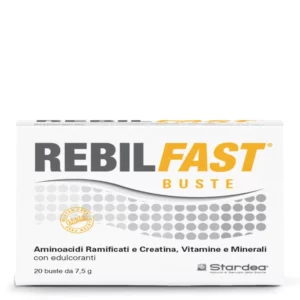




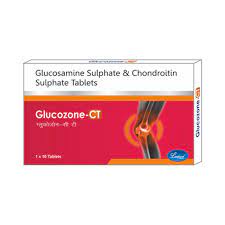
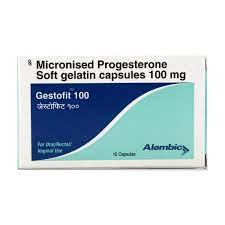
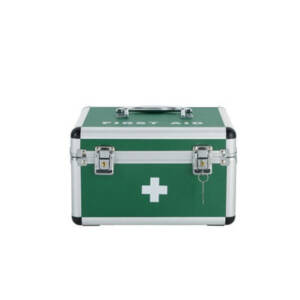
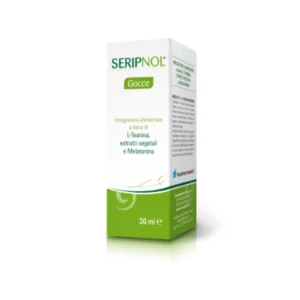
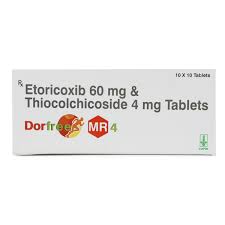

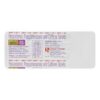

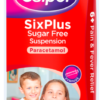
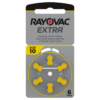
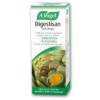
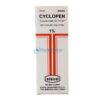
Reviews
There are no reviews yet.